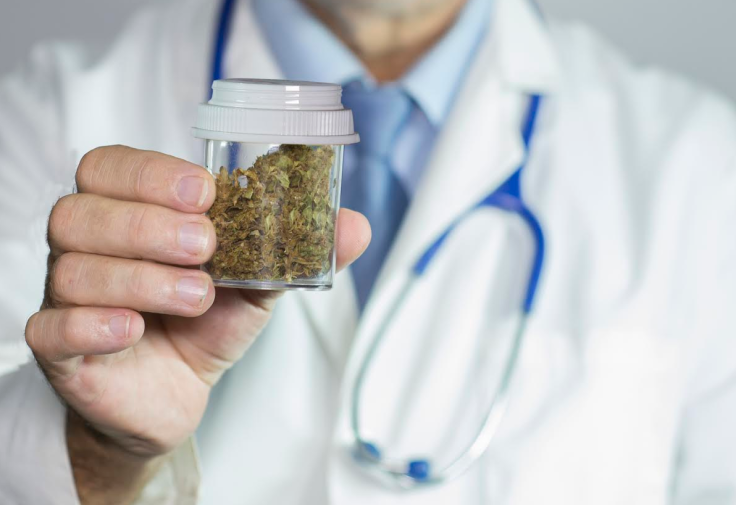Anxiety, chronic pain and nausea - the health conditions medical cannabis could help
Laws on medical marijuana are being relaxed around the world - but not in the UK.

An increasing number of places around the world, including 25 US states, Canada, Israel and more than ten European countries, are relaxing laws on medical marijuana use – but Britain has yet to follow.
A group of MPs in the UK is calling for access to medical marijuana, in a report which called for the government to view the issue as a matter of "compassion and human rights". The All Party Parliamentary Group on Drug Policy Reform says there is "good evidence" cannabis can help alleviate the symptoms of several health conditions, including chronic pain and anxiety.
Professor Mike Barnes, a leading consultant neurologist who contributed to the report, explains how cannabis can help with certain health conditions.
"The human brain produces natural cannabis chemicals (the endocannabinoid system) and we are beginning to understand the importance of this system for human functions," he tells IBTimes UK.
"We now know that the endocannabinoid system has a role in pain modulation, movement control, brain adaptability (plasticity) and memory, as well as various endocrine, metabolic and immune functions. Our research confirmed that natural cannabis or synthetic cannabis products have an undeniable place in the management of chronic pain, spasticity (muscle spasm), nausea and vomiting during chemotherapy and the CBD component of cannabis helps anxiety."
Barnes adds there is also "pretty good but less strong" evidence for its use as an appetite stimulant, in epilepsy, for agitation in dementia and to assist with some aspects of Parkinson's disease.
One of the most common arguments against legalising medical marijuana is the association with mental health issues. Barnes disagrees that cannabis use – for medicinal purposes – is dangerous, saying it is "safe and well tolerated" and only around 10% of users report side effects.
He adds that concerns have been expressed about long-term problems and says it "probably" can trigger a schizophrenic episode in those who have had schizophrenia, or who have a family history of the condition.

Chronic pain
Studies have shown cannabinoids may provide relief to people living with long-term pain, including neuropathic pain. Some medicines, such as Sativex – the first cannabis-based medicine to be licensed in the UK – are used to treat the symptoms of multiple sclerosis.
In 2010, a small, randomised, controlled trial of 23 people carried out by Canada's McGill University found those who received a low dose of inhaled marijuana – which was lower than the dosage necessary for a "high" – reported a modest improvement in reported neuropathic pain.
Spasticity
Spasticity, one of the more common symptoms of multiple sclerosis, refers to feelings of stiffness, involuntary muscle spasms and pain or tightness in and around joints. In a 2012 study, participants with MS were given oral cannabis extract or a placebo drug for 12 weeks.
Muscle stiffness improved two-fold in the group taking the cannabis-based medication - and improvements were noted in body pain, sleep quality and spasms. There were adverse effects, however, including headaches, urinary tract infections and dizziness.
Nausea
There is good evidence to suggest that cannabinoids are beneficial in alleviating nausea and sickness as a result of chemotherapy.
Nabilone, approved by the US Food and Drug Administration in 1985, is a man-made drug developed from cannabis that acts as an antiemetic - a medication that acts against vomiting and nausea. It has shown some effectiveness in relieving fibromyalgia, a long-term condition that causes pain all over the body.
Anxiety
A study in 2014 highlighted the drug's potential in reducing anxiety. Researchers found cannabinoid receptors, through which marijuana exerts its effects, in a key emotional hub in the brain which is involved in regulating anxiety.
The researchers point out that although previous studies have shown the natural endocannabinoid system regulates anxiety and the response to stress, there is a catch.
"Chronic use of the drug down-regulates the receptors, paradoxically increasing anxiety," they write. "This can trigger "a vicious cycle" of increasing marijuana use that in some cases leads to addiction."
© Copyright IBTimes 2025. All rights reserved.






















